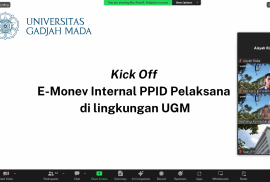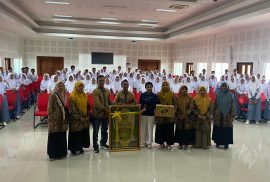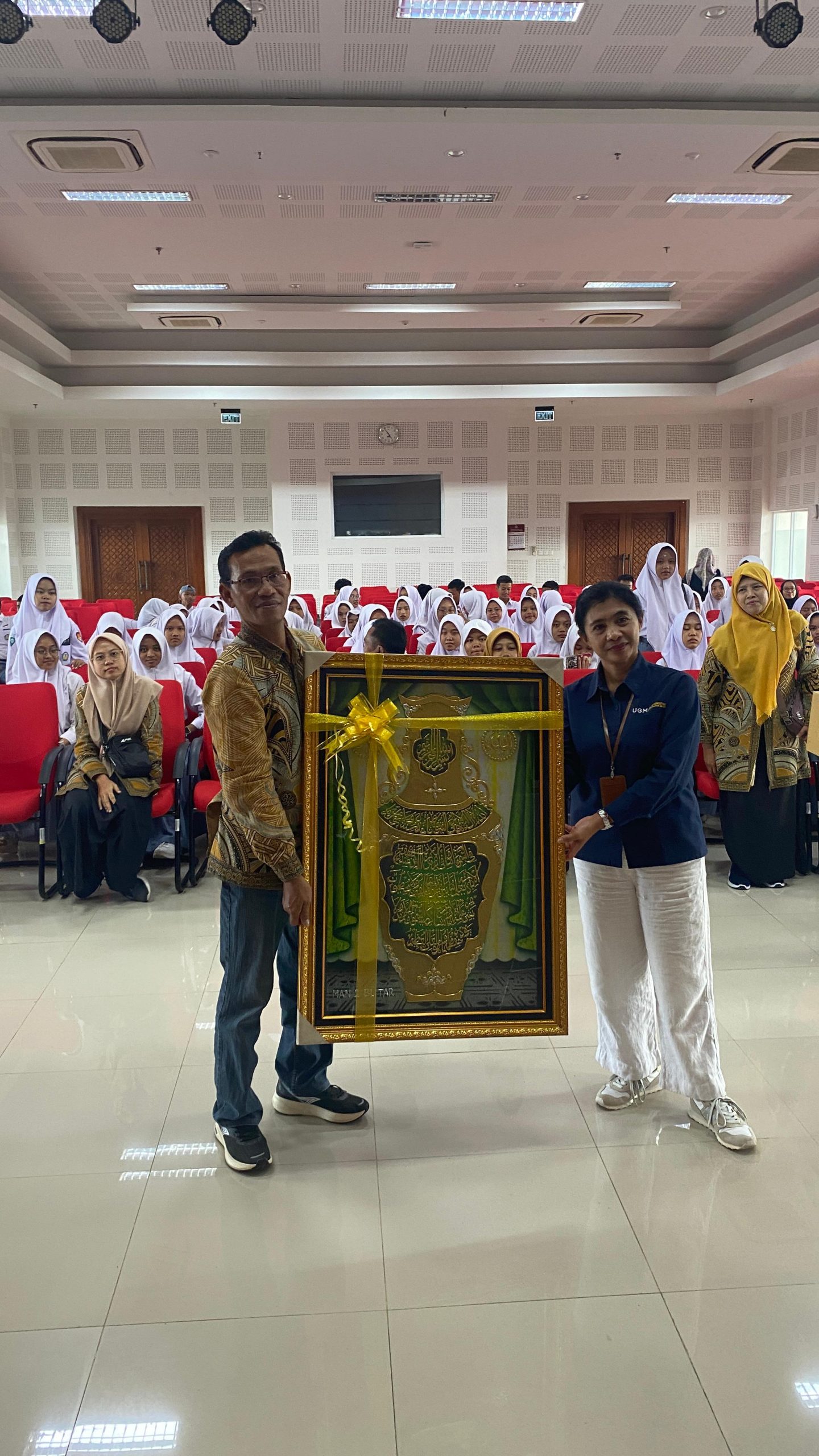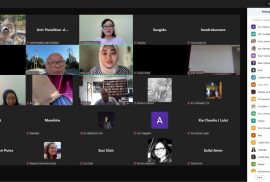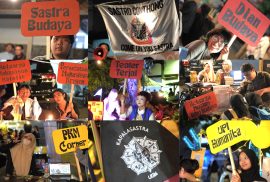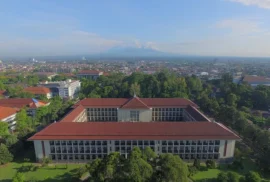Yogyakarta, 12 September 2024 – On Thursday, 12 September 2024, the Faculty of Cultural Sciences Universitas Gadjah Mada (UGM) held a preparatory meeting for E-Monitoring and Evaluation (E-Monev) of Public Information Disclosure in 2024 online through the Zoom platform. This meeting involved various internal stakeholders of the faculty as well as representatives from related units at UGM.
This meeting had two main agendas that were discussed comprehensively. The first agenda discussed the E-Monev Timeline for Public Information Disclosure Year 2024. The E-Monev process begins in January 2024 with the collection of data and required documentation. Furthermore, the data evaluation and analysis process will last until June 2024, with the final report and recommendations to be published in August 2024. The establishment of this timeline is expected to ensure a structured and timely implementation of E-Monev.
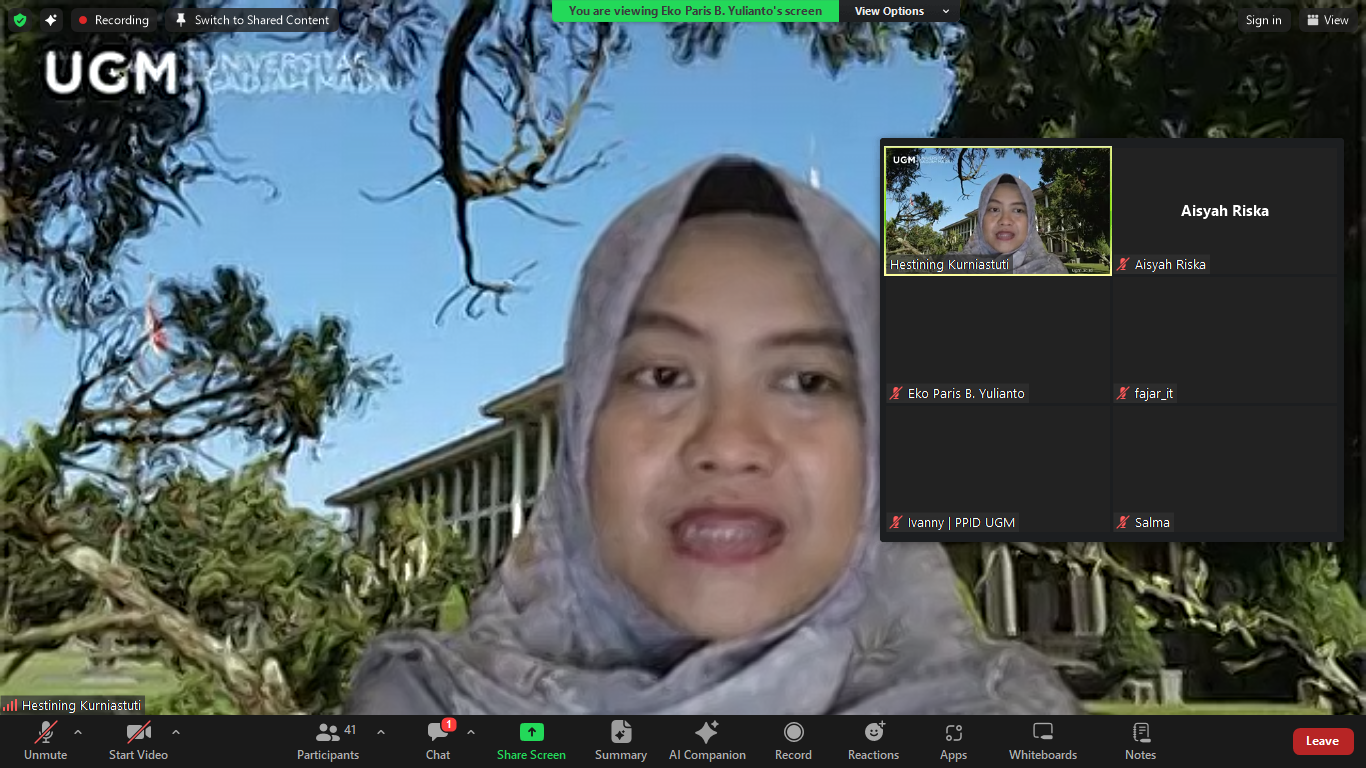
The second agenda discussed the assessment parameters that will be applied in the questionnaire/SAQ (Self-Assessment Questionnaire) for E-Monev Public Information Disclosure 2024. The parameters to be assessed include five main aspects: Announcing Public Information, Providing Public Information Documents, Website Development, Procurement of Goods and Services, and Institutionalization.
This meeting aims to ensure that the E-Monev process can be implemented effectively and to increase transparency and accountability in the management of public information at the Faculty of Cultural Sciences UGM. The participants hope that the results of this E-Monev will provide useful insights and feedback to improve the quality of public information services in the faculty. The Faculty of Cultural Sciences UGM is committed to ensuring that the implementation of E-Monev goes smoothly and has a positive impact on improving information disclosure in the institution.

